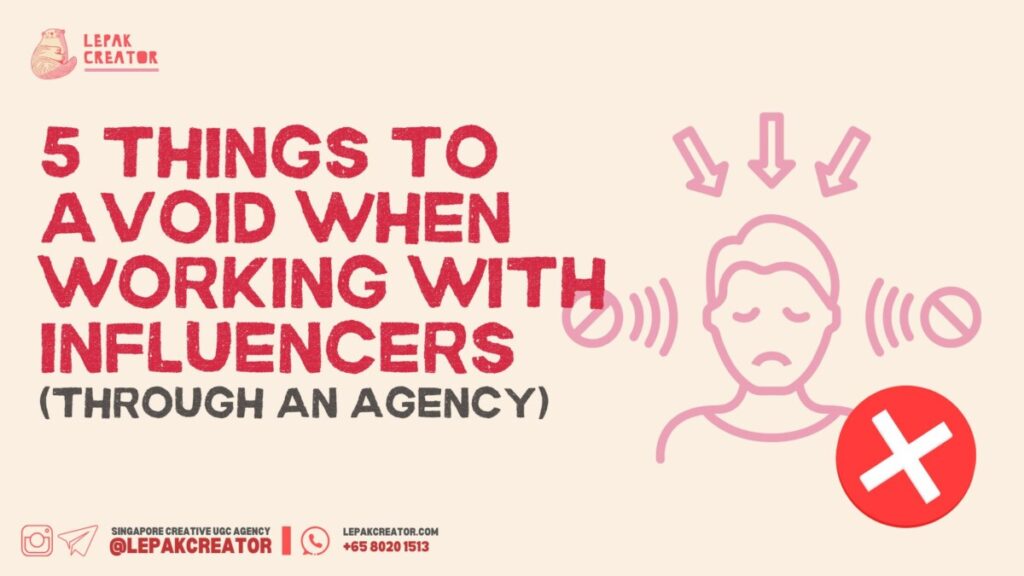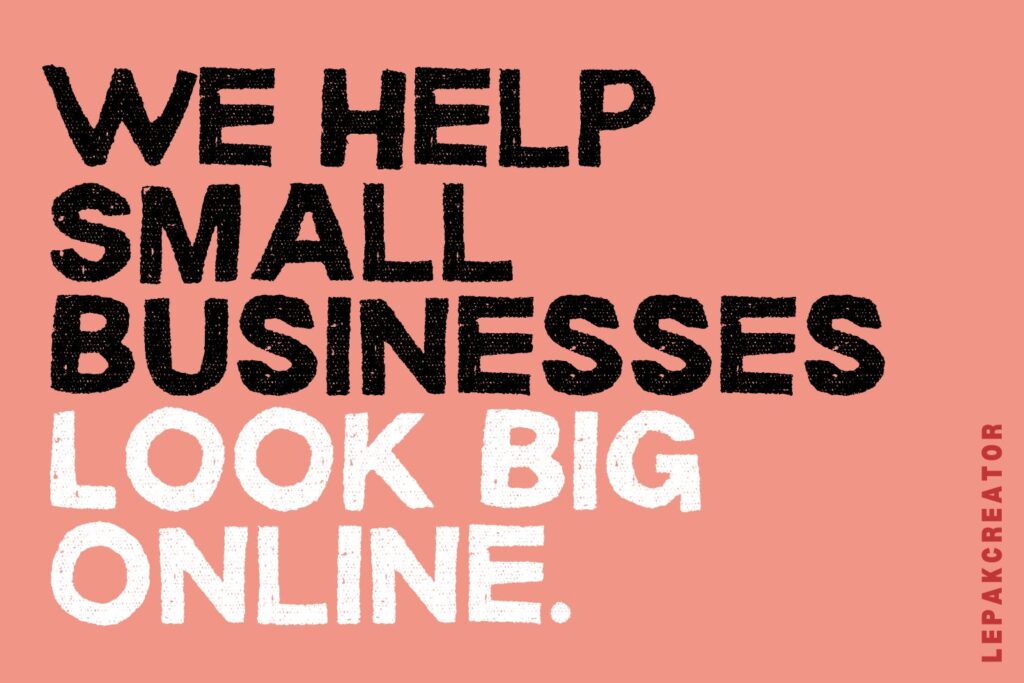Influencer marketing can be one of the most effective ways to grow brand awareness, build credibility, and reach new audiences. But success doesn’t only depend on choosing the right influencers—it also depends on how business owners manage the relationship with both the agency and the influencer.
Unfortunately, many campaigns lose impact because business owners unintentionally create friction that disrupts the flow of communication and creative execution. Here are five things to avoid—and why they matter more than most people realize.
1. Finalizing details, then changing them again and again
Once a campaign plan is agreed upon, sticking to it is crucial. Every time details change, the agency needs to re-brief influencers, adjust content, and re-align timelines.
Why it’s harmful:
- Makes your brand look indecisive and unprofessional.
- Delays content release, causing you to miss timely opportunities (e.g., festive seasons or trending topics).
- Weakens campaign clarity—when messages shift too often, they confuse both influencers and audiences.
2. Bypassing the agency for direct communication
Many business owners think cutting through the middleman saves time. But agencies exist for a reason—they manage communication flow, ensure the brand message is consistent, and protect both parties from missteps.
Why it’s harmful:
- Influencers may receive conflicting instructions, leading to inconsistent brand communication.
- Misunderstandings can cause mistakes that hurt campaign performance.
- It undermines the agency’s role, creating tension and inefficiency in the partnership.
3. Over-controlling the influencer’s creativity
Influencers are chosen because they have a unique way of engaging their audience. Over-directing captions, visuals, or tone of voice makes the content look like an advertisement rather than an authentic endorsement.Why it’s harmful:
- Audiences lose trust when content feels scripted or unnatural.
- The influencer’s creativity—what made them valuable in the first place—gets stifled.
- Over time, influencers may feel uninspired working with your brand, reducing long-term collaboration potential.
4. Overloading influencer content with too much information
Business owners often want to maximize every piece of content by squeezing in every product feature, benefit, or promotional message.
Why it’s harmful:
- Overstuffed posts look cluttered and confuse the audience.
- The main brand message gets lost in the noise.
- Influencers may struggle to create content that feels organic, making the post less effective in driving engagement.
5. Setting unrealistic expectations or timelines
Some brands expect instant results—viral posts, skyrocketing sales, or huge engagement within days. Others expect influencers to deliver multiple revisions on short notice.
Why it’s harmful:
- Rushed campaigns usually compromise quality.
- Unrealistic goals lead to disappointment and damaged trust between brand, agency, and influencer.
- Over time, influencers may view your brand as “difficult to work with,” making it harder to secure strong collaborations.

Beyond the obvious points above, there are subtle mistakes many business owners don’t even realize they’re making:
- Ignoring the audience fit: Sometimes, businesses push influencers to say things that don’t match their usual content style. The audience can sense this mismatch immediately, making the campaign feel inauthentic.
- Underestimating relationship building: Treating influencer marketing as a one-off transaction misses the bigger picture. Long-term collaborations usually yield stronger results because influencers become true advocates for the brand.
- Focusing only on numbers: Many brands obsess over follower count instead of audience quality and engagement. This short-sighted approach reduces ROI and can harm brand perception.
- Neglecting feedback loops: Influencers are often closest to the audience—they know what resonates. When brands ignore their input and force rigid messaging, they lose valuable insights that could improve marketing communication overall.
When you engage an agency to manage influencers, it’s not just about delegating tasks—it’s about creating a three-way partnership built on trust, consistency, and respect for creativity.
By avoiding these mistakes and paying attention to the subtle issues most business owners overlook, you give your brand the best chance to shine through authentic, credibility, brand-positioning and well-executed influencer campaigns.
Influencers know their audience, agencies know the strategy, and business owners know their brand. The magic happens when all three work in harmony.




